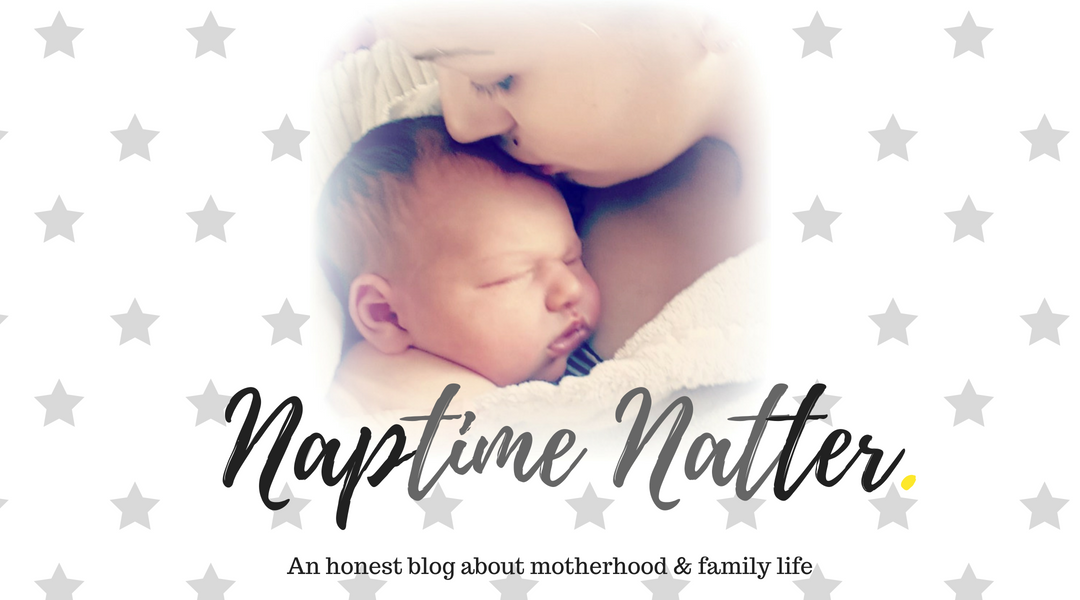
*collaborative post*
When I was pregnant for the first time I can remember being so stressed about food. What can I eat? What can’t I eat? What will happen if I accidently do eat something on the do not eat when pregnant list? It was a very stressful time for 21 year old me! If you have stumbled across this article I guess you are pregnant and wondering about what your diet should look now you are growing a baby. Firstly, congratulations! Secondly, don’t spend another second stressing about food as this guest post has lots of information on what foods you need to get in pregnancy and what changes you need to make to your diet. I hope you have a healthy and happy pregnancy and remember it is totally fine to treat yourself to some cake!
How to eat healthily during pregnancy – the changes you need to make to your diet when you are pregnant
So many things change during pregnancy. A growing stomach, changes in hair texture, shoe size…
And – oh yeah – a baby is growing inside of you.
But one of the big lifestyle changes that come with pregnancy is diet. We know all the big ones – no to alcohol, no to smoking – but there are more things to avoid and things to eat more of than most expect.
The American Pregnancy Association says pregnant women should be eating roughly three hundred more calories than usual in the second and third trimester. Maybe that famous phrase: ‘eating for two’ should be replaced with ‘eating for about ten per cent extra.’ Less catchy, though.
So what should you be eating during pregnancy?
Iron
Over the course of your pregnancy, your blood volume can increase by up to 60%. Blood is so important for the baby – it is how nutrients get delivered to the placenta. Iron deficiency in pregnancy can be spotted through feelings of fatigue, weird cravings and feeling breathless. It’s so important to catch when you might be low in iron – but helpfully, doctors should do iron checks at pregnancy screenings.
Iron can be found in dark green vegetables (e.g. spinach and kale), wholemeal bread and dried fruits. To help the iron in these sources to absorb, having more vitamin C is a good idea. Maybe with breakfast, a glass of orange juice can be added.
Protein
Pregnant women need a bit more protein than before. Some sources say sixty grams more, others seventy-five to one hundred. Either way, the consensus is more protein! Cooked meat and eggs are excellent sources, but it’s vital to stay away from undercooked meats and fish, as they can be harmful to the baby.
But what if I’m a vegetarian and pregnant?
There are many sources of protein for vegetarians – many of which you are likely familiar with. But some vegetarian sources of protein are especially good for pregnancy Nuts, lentils and beans are excellent vegetarian sources of protein for pregnancy. Why not try looking for some vegetarian recipes that are high in protein?

Calcium
Calcium is essential for building baby’s bones and teeth. Even the development of cells can be promoted by calcium intake. Dairy is a great source of calcium: it can be found in yoghurts, milk and cheeses. Be careful to make sure all dairy products have been pasteurized, though! But if you are vegan or avoiding dairy for other reasons, calcium can still be found in dried fruit, sesame seeds and dairy-replacement kinds of milk with added calcium.
All in all, pregnancy is a time of change, and your diet is no exception. Some of you might have tried to go on diets in your pre-pregnant life and struggled, but there’s something about knowing you are doing it for your baby that really helps.
Don’t forget to be patient with yourself and feed yourself healthily and kindly. You’re doing something amazing, and deserve a treat now and then. But if you are struggling with the way your body looks as it is changing, you might want to read this post.
